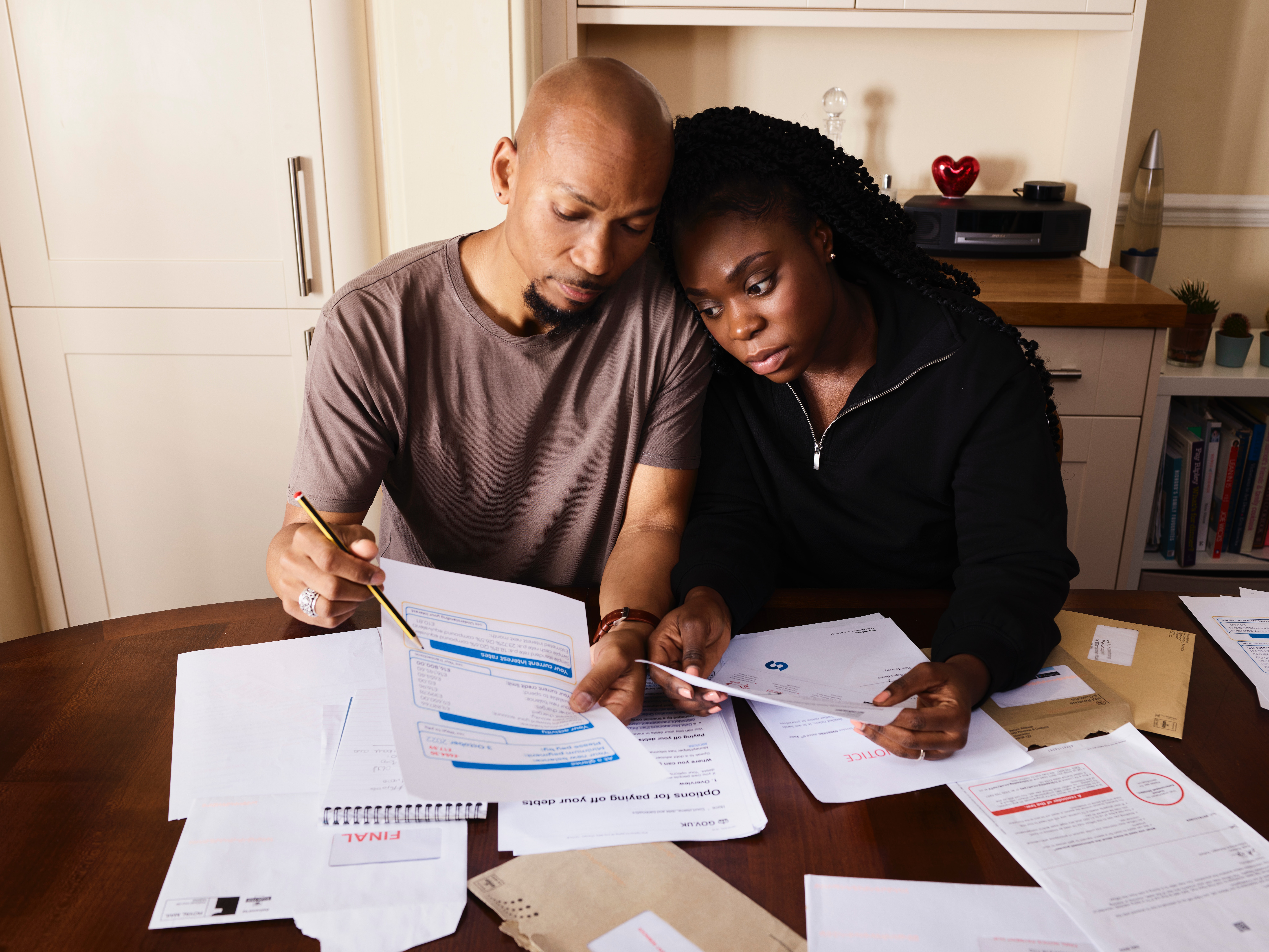What to do When You Get Behind Paying Utilities Like Your Electric and Water Bill
July 04, 2023
by Kimbree Redburn

Sometimes, keeping up with all our financial obligations is a struggle. With such high inflation, our money doesn’t go as far as it used to, and it can be a challenge to stay on track financially.
In fact, in 2022, one in six Americans were behind on their utility bills.
If you find yourself behind paying your utility bills, know you’re not alone. Also, know there are things you can do to make the situation easier.
In this article, we’ll explore a few things you should do when you get behind paying utilities, like your electric and water bill.
Don’t Ignore the Problem
A very normal reaction when falling behind on a bill is to ignore it and hope the problem goes away on its own.
In reality, ignoring bills will only make it worse, and you might find yourself without water or power.
So, if you find yourself in a situation where you’re behind, it’s best to tackle the problem head-on. Start by taking a deep breath, then use the steps provided in this article to find a solution that works for you and your budget.
Contact Your Service Provider
One of the first things you need to do when you get behind paying your utilities is to contact your service provider. When you contact them, be honest about your situation and your difficulty paying the bill. Your service provider may be able to work with you to ensure that your service doesn’t get shut off.
Sometimes service providers can change your due date if that’s causing a problem for you and your ability to pay.
They may also be able to put you on a payment plan so you can pay your bill over time and avoid a shutoff. Some service providers even offer temporary assistance programs to help you until you get back on your feet.
If they don’t offer a program directly, they can connect you with assistance programs in your area that can help.
It’s important to speak with your utility provider to let them know what’s going on because they can’t help if they don’t know there’s a problem. It can help you remember that you’re not the first customer to have difficulty paying your bill, and you won’t be the last.
Look for Help
While your service provider might be able to help connect you with some local assistance programs, it’s important for you to look for help, also. There are programs offered locally, at the state level, and nationally that might help you if you’re unable to pay your bills.
LIHEAP
One program to look into is called LIHEAP (Low Income Home Energy Assistance Program). This is a federal program, and eligibility requirements vary by state, city, and region. If you qualify, LIHEAP can help pay heating and cooling bills in emergency situations in the event of shutoffs. To learn more about LIHEAP and to see if you qualify, visit https://www.usa.gov/help-with-energy-bills.
LIHWAP
If you’re struggling to pay your water bill, you can also look into another Federal program called Low Income Household Water Assistance Program (LIHWAP). In the same way that LIHEAP can help with energy bills, LIHWAP can help with your water and sewer bills. Like LIHEAP, the eligibility requirements for LIHWAP vary by state, city, and region. For more information about LIHWAP in your area, visit https://www.acf.hhs.gov/ocs/map/lihwap-map-state-and-territory-contact-listing.
Consider also checking with local support agencies that might have grants or scholarships that can help you catch up on your bills.
Understand the Rules and Protections in Your State
In addition to looking at Assistance programs offered, it’s important to know the rules and protections in your state regarding utility shutoffs.
Some states, for example, have laws that say utilities cannot be shut off during cold winter or hot summer months for failure to pay.
Other states have laws that protect families with young children or elderly in the home from shutoffs. To understand the shutoff laws in your state, you can look at the LIHEAP website and find the information for your state https://liheapch.acf.hhs.gov/disconnect.
Knowing these rules and protections can bring you peace of mind and help you understand your rights as you deal with your service provider.
Cut Back Where You Can
Once you’ve contacted your service provider, reached out for assistance, and educated yourself about the rights and protections you have in your state, it can be difficult to know what to do next.
If you know missing the payment was a one-time thing, it might be time to consider building an emergency fund to help cover this situation if it arises again.
If you worry the problem may be a bit more long-term, it may be time to look at your budget to see where else you can cut back to help make room to pay your bills.
To look for room in your budget, you’ll need to review your expenses for the past three to six months to get a feel for what is going on.
- Identify your monthly bills. This could include your rent or mortgage, insurance payments, cell phone bills, internet, medication, childcare, and anything else you must pay in a month.
- Look through your other expenses like groceries, eating out, transportation, and anything else you regularly see occurring. Take an average of each expense to get a sense of how much you spend each month in each area.
- Add up your bills and your other expenses and compare this to all sources of income you have.
- Look carefully over the expenses you’re in control of (eating out, groceries, transportation, etc.) and see if there are areas you think you could cut back. Even cutting a few dollars from a few different categories will free up money to help you pay your bills and have more breathing room.